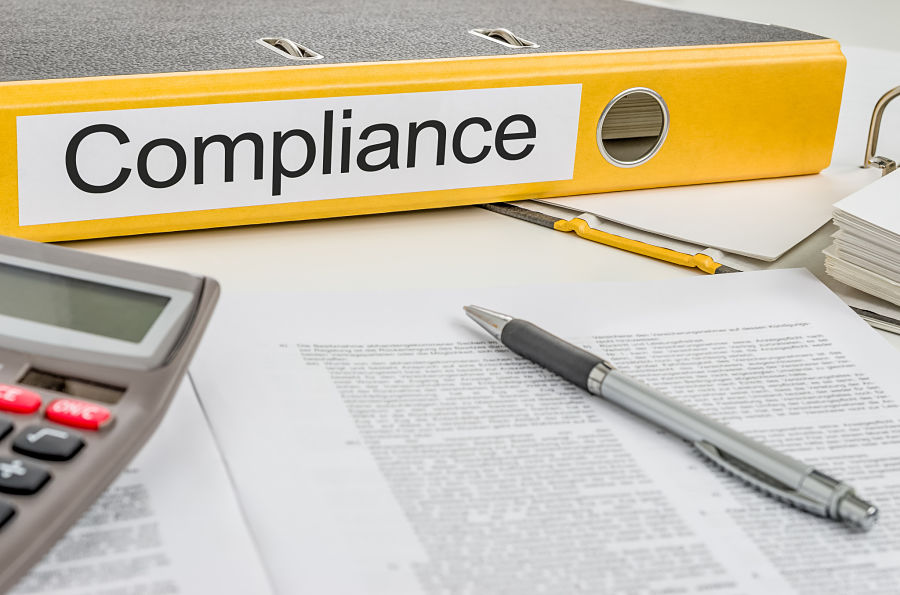
Although many financial advisors may consider their firm’s compliance officers to be nothing more than a thorn on their side, compliance officers are there to offer support when you have doubts and to help you stay out of trouble with the regulators.
“I’d like advisors to look at [compliance] as a resource they can use,” says Ken Parker, vice president, compliance and finance with Portfolio Strategies Corp. in Calgary. “We’re not the enemy or somebody you have to hide from.”
So, if you want to foster better relations with compliance, here are a few things to keep in mind:
1. Strive for mutual respect
Compliance officers appreciate that the core of advisors’ business isn’t focused solely on staying compliant. Just as they respect that you have clients to look after, you should also extend the same level of respect for their role.
Compliance officers are there to help you stay onside of the regulations, says Parker, and offer clear, easy to follow directions to remain compliant.
2. Be responsive to questions
If you’re being peppered with questions from your compliance officers, don’t take it as a form of criticism, says Parker. Rather, questions are a way for compliance to understand the rationale behind your decisions.
By documenting your response, compliance is able to draw on those notes if a client ever challenges your decision years down the line.
“[Compliance does this] to protect [advisors] from that 20/20 hindsight five years from now,” Parker says. “Tell me the story, and don’t get mad at me.”
Advisors who come off as too defensive, don’t help their case, he adds. It only makes compliance wary of those advisors, believing they have something under wraps.
3. Pick up the phone
You may encounter a change that appears baffling, but instead of ignoring it — and insisting on your way — reach out to compliance to get a better understanding of why the change was made.
Most compliance officers are willing to discuss the reasons behind the change, Parker says: “Sometimes, I’ll admit the reasons may not make entire sense. And if there’s a different way to meet the requirement, we can work together to find it.”
4. Stay on top of correspondence
Be alert to the regulatory changes coming down the pipeline. Even if you don’t dig into the material sent immediately, says Parker, take note to go over the new policies and procedures later.
If you’re really pressed for time, or unsure of a change’s impact, send an email or call compliance. “I would always rather spend five minutes helping [advisors],” he says, “rather than pick up the pieces five months later.”
Photo copyright: zerbor/123RF